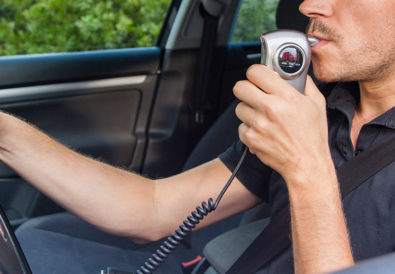Four Key Factors When Setting Bail Amount
During a bail hearing, there are four factors that a judge normally considers when deciding whether to grant or reduce bail to an accused person.
First, the judge considers the seriousness of the committed offense. The judge will look at whether the offense involved violence, corruption, or a victim who was injured. The more serious the crime, the less likely the judge is to grant or reduce bail.
The judge also looks at the defendant’s criminal history. An accused person with a clean record will fare much better at a bail hearing than someone who has an extensive criminal past.
Another factor that a judge considers in a bail hearing is the likelihood that the person will return to court for future court dates. A person who is less likely to attend court proceedings is considered a flight risk. In assessing this, the judge is going to look at how long a person has lived in the community. The judge will also consider if the defendant failed to appear for court dates in the past or if they have a record of failing to appear.
To determine if the defendant has substantial ties to the community, the court will establish if they have a family, a home, a job, or other civic activities and if they own property in the community. The more the person is stable and has a long term presence in the community, the more likely the judge is to reduce or grant bail.
The final factor that a judge looks at in a bail hearing is whether the defendant poses a danger to public safety, such as witnesses and alleged victims. If a person is accused of a crime involving violence or weapons or if they have a violent history, they stand a minimal chance of being granted bail.











